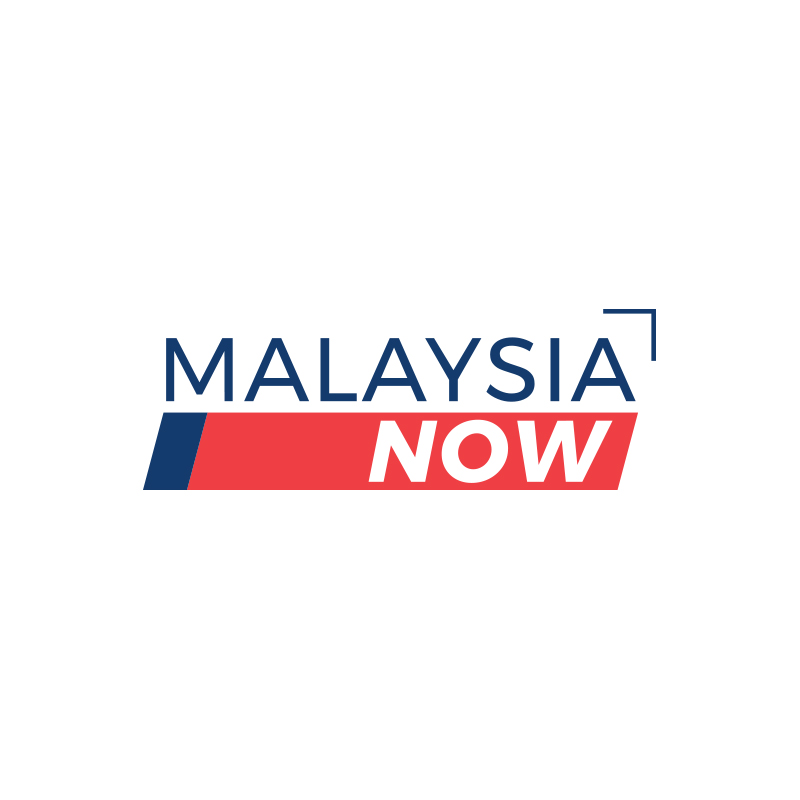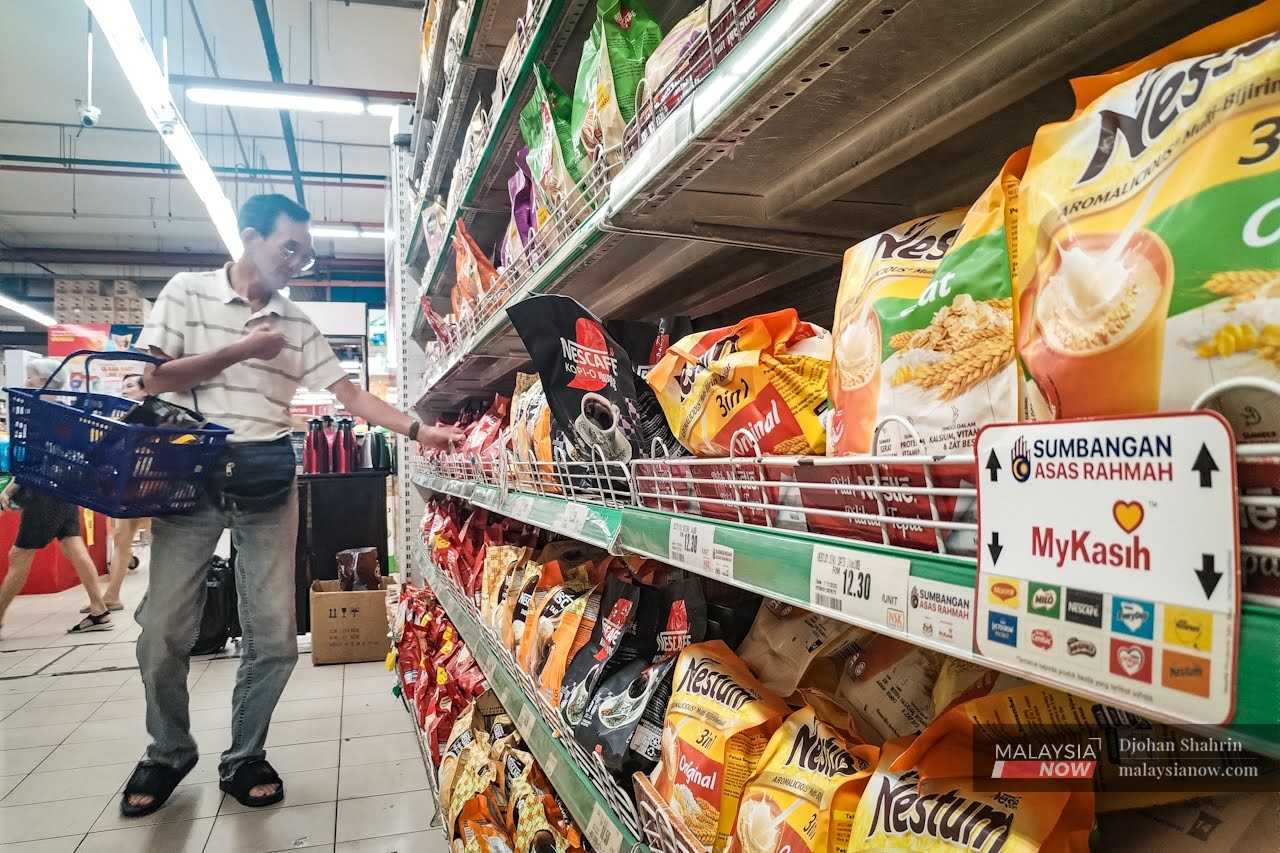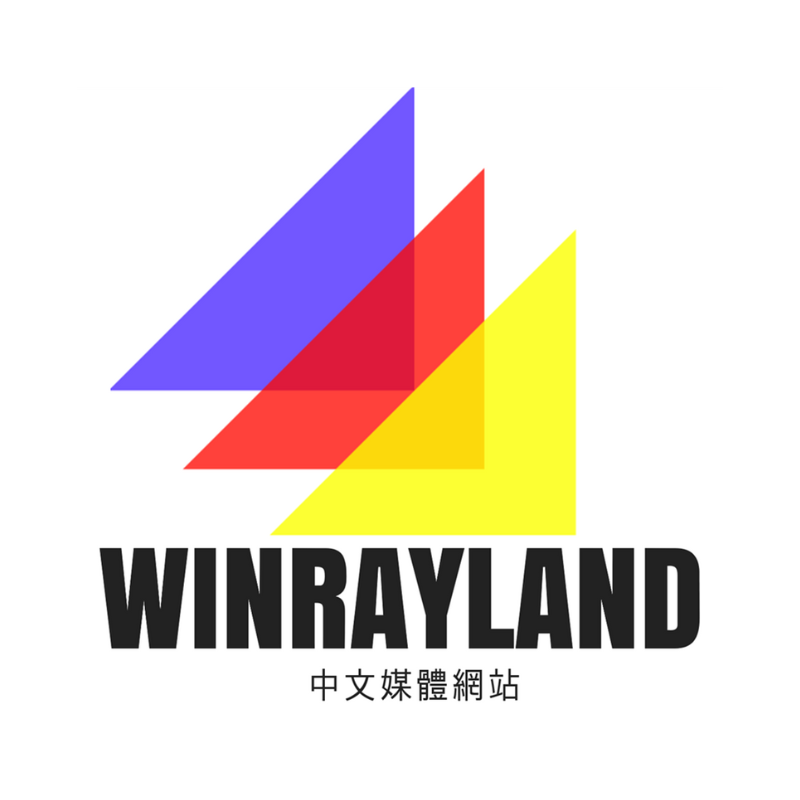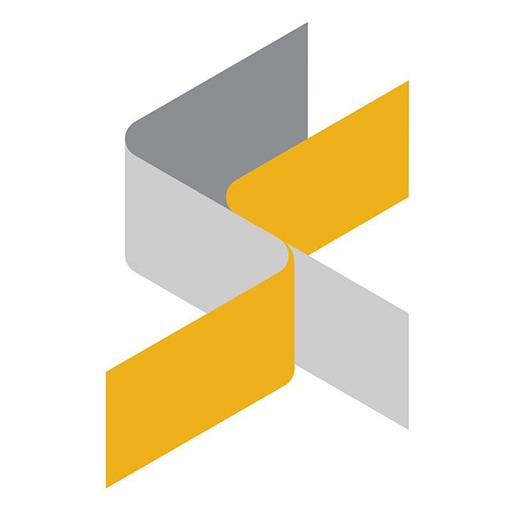Brands targeted by anti-Israel boycott getting new lease of life from RM100 SARA aid?
6 天前
A number of foreign consumer brands affected by the global anti-Israel movement appear to have received a new lease of life through the Sumbangan Asas Rahmah or SARA programme, through which the government recently distributed RM100 to every Malaysian adult for the purchase of basic necessities.
Checks by MalaysiaNow at several popular supermarkets found that several imported brands facing boycott due to its producer's investments in Israel were given the edge in SARA promotions.
This sparked criticism from some users who asked why local brands were not prioritised in line with the government's policy to promote Malaysian products.
Others questioned the priority on processed food instead of fresh goods such as chicken, fish, vegetables and fruits.
Consumer activist Nadzim Johan gave the example of a chocolate malt drink and instant noodles brand, pointing out humanitarian aspects as well as public health concerns.
"Products like this shouldn't be included in SARA," the president of the Malaysian Islamic Consumers Association told MalaysiaNow.
"I fear that this is happening because the government itself has no clear ideas, including in its efforts to promote the products of local SMEs.
"When it comes to humanitarian concerns, when we talk about the boycott campaign for Palestine, many are still unclear about which category should be prioritised. It's as if the boycott was not effectively implemented because the policy itself was unclear from the start."
Franchises such as Starbucks, KFC and McDonald's have been the target of those who support the Palestinian cause, following the large-scale bombings by Israel in Gaza which have reportedly killed some 100,000 civilians.
Those who support the boycott say it is because these companies are based in the US, and the revenue they contribute to the economy there makes them complicit in Washington's military aid to Israel.
The boycott movement is spearheaded by Boycott, Divestment, Sanctions (BDS) which targets companies linked to Israel's economy.
A number of other companies that are not listed have also been affected by the boycott, including Nestle, the world's largest food manufacturer known for products such as Nescafe, Maggi, KitKat and Milo.
Opposition to the company revolves around its ownership of Israeli food giant Osem. As far back as 2006, the Arab League had included Nestle in its list of companies to be boycotted for its alleged economic ties to Israel.
Last year, Nestle Malaysia reported a significant decline in profits, with net profit falling 36% to RM85.14 million in the third quarter of 2024 and dropping 36% to RM415.62 million for the 2024 financial year.
"The ongoing boycott sentiment and cost pressures will continue to weigh on its profitability," HLIB Research said early this year.
However, Nestle Malaysia said it recorded a net profit of RM112 million in the second quarter ended June 30, 2025, a double-digit growth from the same quarter last year.
In response to claims of complicity with Israel's action in Gaza, Nestle has said that it "opposes any form of violence".
Nadzim said that the government had not been serious about championing the Palestinian cause, reducing the boycott movement to a mere slogan and forcing the people to choose the same products in the end.
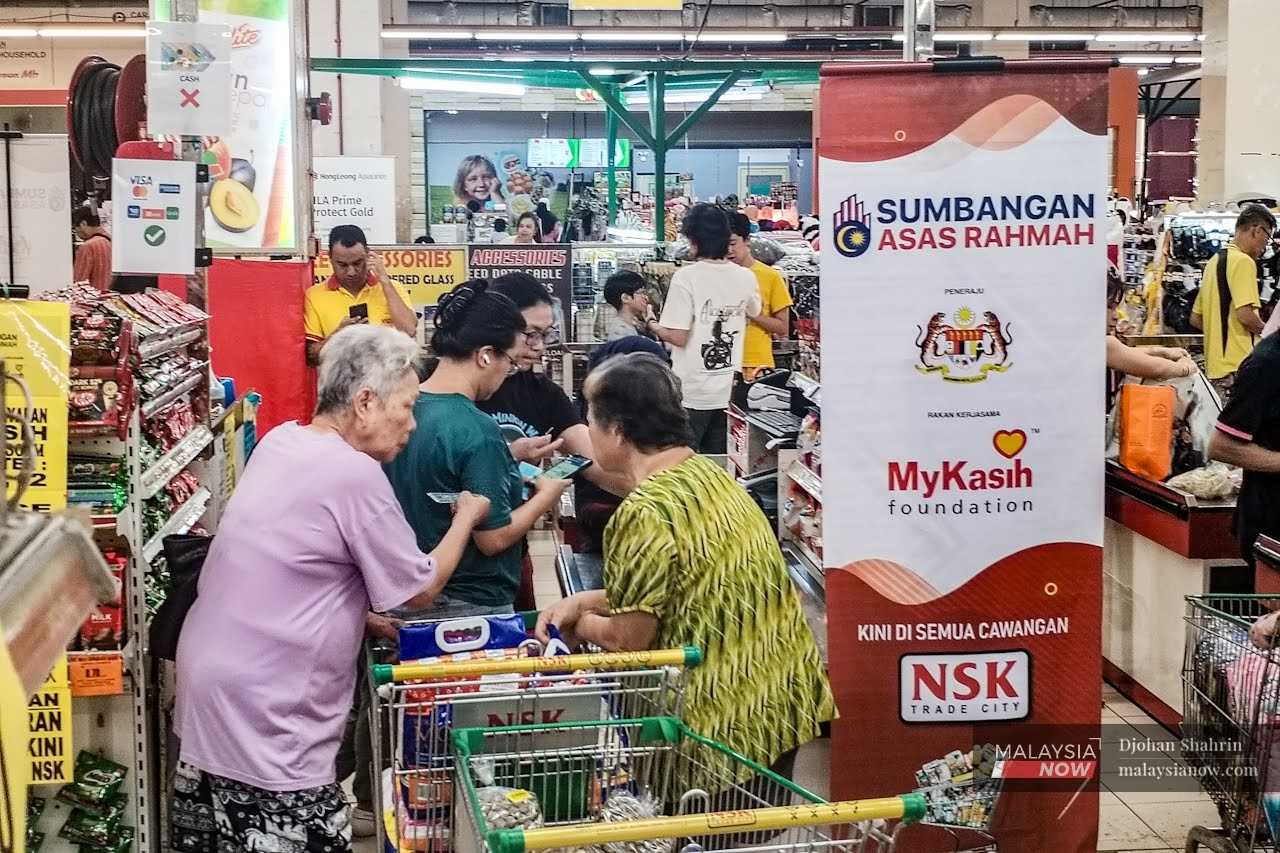 Prime Minister Anwar Ibrahim was previously criticised by Palestinian supporters who accused him of chanting slogans while making economic compromises, including by bringing Global Infrastructure Partners, a BlackRock-owned company implicated in Israeli war crimes, into a consortium to manage airports across the country, including KLIA.
Prime Minister Anwar Ibrahim was previously criticised by Palestinian supporters who accused him of chanting slogans while making economic compromises, including by bringing Global Infrastructure Partners, a BlackRock-owned company implicated in Israeli war crimes, into a consortium to manage airports across the country, including KLIA.
Maryam Hat, who was among those who recently redeemed their SARA credit, said she was uncomfortable with the items included in the programme.
Maryam, 66, said her family had long avoided several brands of instant noodles and coffee which were offered under SARA.
"We questioned it from the start because we have been boycotting them for a long time," she said when met at a supermarket.
"So those who used to boycott them still buy them in the end."
Nazirah Azmin, 33, said the government should have channelled the RM100 through e-wallets instead of limiting its use to certain products only.
"I don't understand why it was limited to products from certain brands because the money is from the government. It's not free. So let us choose any brand we want, including SME products," she said, voicing her objection as well to the brands involved in the boycott.
'Consumers decide'
When contacted, Mydin managing director Ameer Ali Mydin said the selection of products under SARA must first be approved by MyKasih.
"This list of products was suggested by the supermarkets and then filtered by MyKasih according to the permitted categories," he told MalaysiaNow, adding that products such as carbonated drinks were not allowed.
"But there are chocolate drinks, so Mydin suggested all of the brands available for chocolate drinks although the decision was not in our hands. We just suggested," he said.
He also said that he understood the anti-Israel sentiments expressed by Muslim consumers in supporting the Palestinian campaign, adding however that Mydin practised an open business model by providing a full range of product options.
"Our business policy is, we give a choice. If customers want SME products, they are there. We do not restrict them, because every consumer has the right to make his or her own decisions," he said.
He said the reality was that multinational products were still in high demand.
"The important thing is that we balance support for local products with meeting the needs of consumers.
"Ultimately, the most important thing is that the people benefit from this SARA programme."
...Read the fullstory
It's better on the More. News app
✅ It’s fast
✅ It’s easy to use
✅ It’s free
